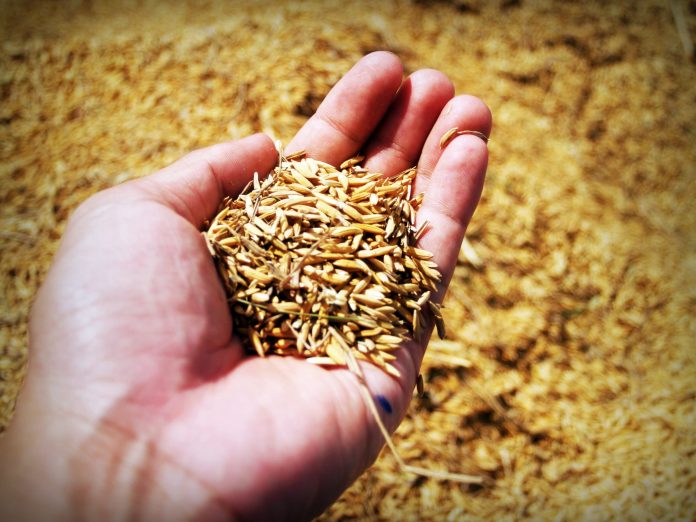Agriculture Secretary Russell Redding warned consumers to properly discard and report unordered and mislabeled seeds shipped from overseas. Consumers nationwide have received seeds in packages labeled as jewelry. These seeds may contain plant diseases, weeds or invasive plants that could harm Pennsylvania’s agriculture industry and ecosystem.
“Seeds sold in Pennsylvania are rigorously tested to ensure that they are genetically pure and regulated to ensure that what’s on the label is what’s in the package,” Redding said. “Planting seeds without knowing what they are can wreak havoc with our environment, destroy agricultural crops and incur costly control efforts for years to come.”
Seeds labeled as jewelry are likely a scam known as “brushing.” Companies boost online sales by purchasing their own products through fake buyer accounts created by the company. The products are shipped to a real address, to someone who didn’t order the item. The seller writes a positive review of their items from the fake buyer account.
In the past, scammers have sent empty packages. Recent packages have been filled with unlabeled seeds.
Consumers who receive unsolicited seeds are asked to retain the seeds and packaging. If opened, double bag and seal the seeds. Do not plant them or discard loose seeds.
Report the package to the U.S. Department of Agriculture’s confidential Antismuggling Hotline 800-877-3835 or email [email protected]. USDA will provide further instructions.
The Pennsylvania Department of Agriculture’s seed program licenses seed distributors, and analyzes and certifies seeds to help ensure that seeds are free of pathogens, invasive plants and noxious weeds.
Visit agriculture.pa.gov for more information.


